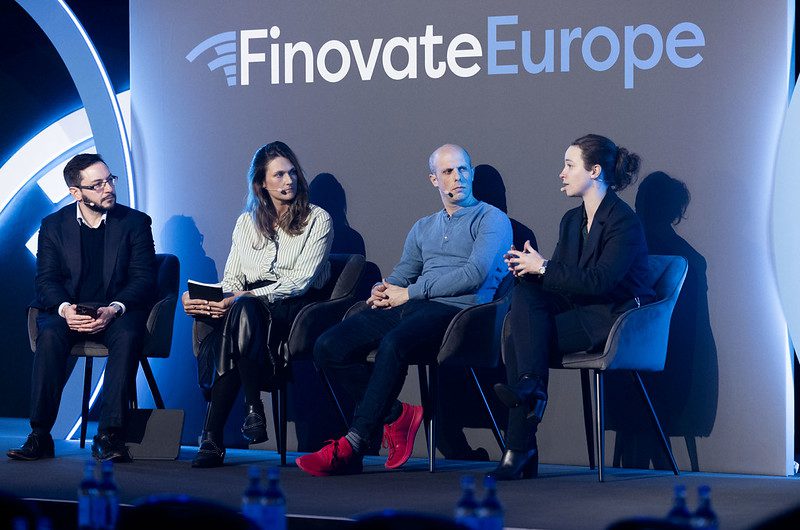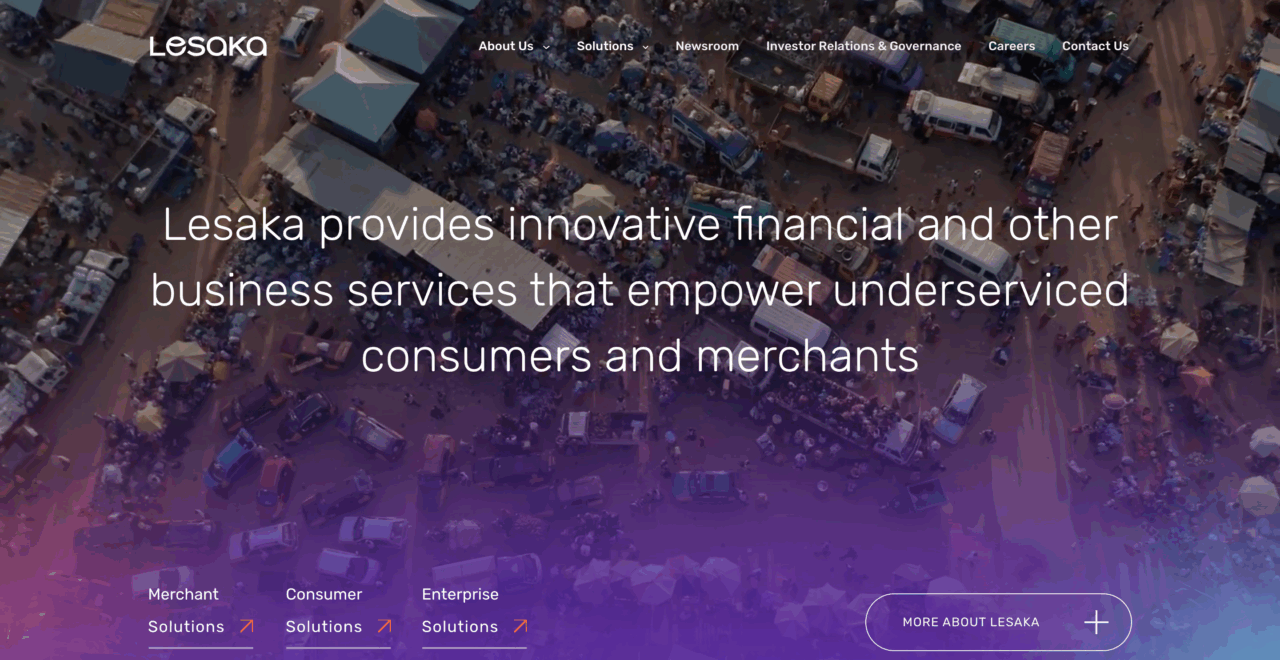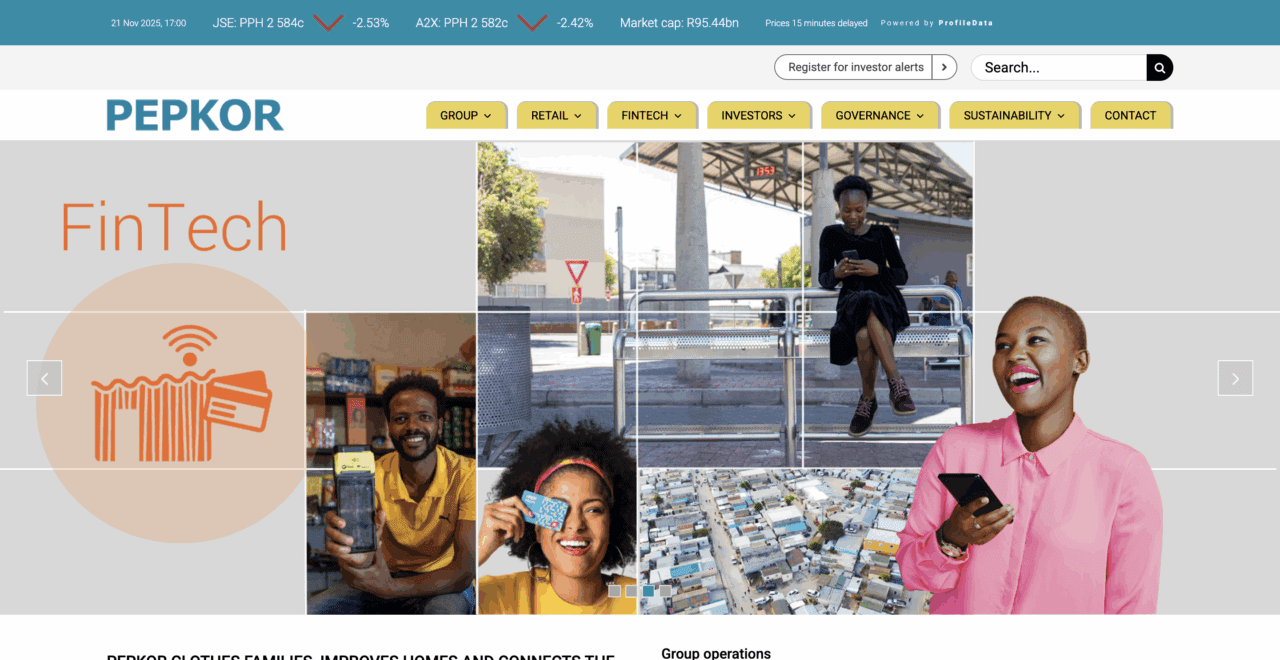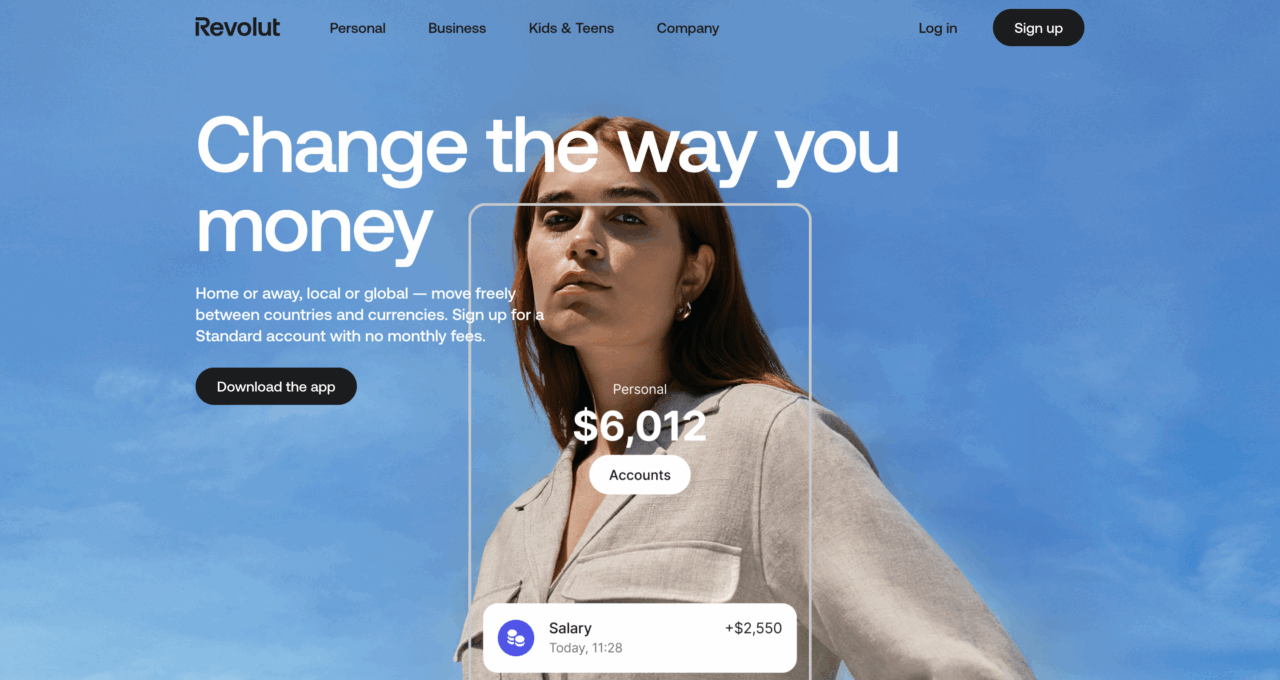
- Kraken is launching the Krak Card, a crypto-to-fiat debit card offering 1% cash back and multi-asset spending across 400+ crypto and fiat currencies, with initial rollout in the UK and EU.
- The card supports direct deposit, no foreign exchange or monthly fees, and flexible funding rules that let users choose which assets cover each purchase.
- With the Krak Card, Kraken is positioning itself closer to a full-service financial platform, further blurring the lines between TradFi and DeFi and enabling everyday spending of digital assets.
Cryptocurrency exchange platform Kraken revealed plans to launch a crypto-to-fiat debit card that pays 1% cash back rewards on all purchases. The Krak Card will first be available to users in the UK and EU, and will be offered to customers in additional markets in the coming weeks.
In addition to paying rewards, the Krak Card also allows direct deposit for salaries and offers expanded wealth-building opportunities. Kraken anticipates that the new upgrades will bring users one step closer to replacing their traditional banking relationships by helping them explore the unique opportunities available within digital assets.
“To us, everything is money. You should be able to use whatever assets you hold to pay for everyday goods and services in the digital era we live in,” said Kraken Global Head of Consumer Mark Greenberg. “From groceries to getaways, the Krak Card makes value move freely, no matter who you are or how you choose to store your money.”
Powered by Mastercard, the physical Krak Card comes in two color options and is available in a virtual format, as well. With no foreign exchange or monthly fees, the card delivers instant spending using multiple balances with no FX or monthly fees. Uniquely, the Krak Card offers multi-asset spending, supporting more than 400 crypto and fiat assets. Purchases can be funded from either crypto, fiat, or a mix of both. The app lets users preset which assets are used first and allows them to exclude specific holdings from payments.
The 1% cash back on every purchase is paid in either the local fiat currency or Bitcoin. The cash back rewards help differentiate Kraken from other debit products, as it is quite rare to find a debit card that pays cash back.
Since its debut six months ago, the Krak app has seen over 450,000 downloads in over 130 countries. Kraken expects that the launch of its debit card will accelerate this number. In the coming months, Kraken plans to launch new features, including credit products, additional card options, enhanced merchant rewards, simplified onboarding, and broader support for assets.
Kraken’s move, as it positions itself against traditional banks and neobanks, is an example of the pending convergence of traditional finance (TradFi) and decentralized finance (DeFi). By combining multi-asset spending, direct deposit, and cash-back rewards into a single debit product, Kraken is offering another way to spend crypto while building an everyday money hub. The new capabilities allow consumers to bridge their digital assets and real-world payments without the friction of conversions or fees.













